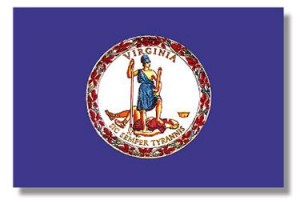
Trade Secrets and Qui Tam — Part Two
This is part two of a two part post on the Defend Trade Secrets Act of 2016, which was signed into law last week. Part one of this post introduced the Defend Trade Secrets Act of 2016 and, most relevant to regular readers of this blog, the whistleblower protection provisions of the Defendant Trade Secrets Act.
Today we will look at the reasons why it was necessary to include whistleblower protections in the law in the first place. It was necessary because defendants will sometimes — not often, but sometimes — bring counterclaims against qui tam relators for making copies of documents (or copying information in electronic form) to support their qui tam action.
Counterclaims of this nature are never successful if the relator copied documents and/or other information solely for purposes of bringing a qui tam action and has conducted his or herself like an adult person with a brain.
There have been a few interesting examples of how this type of counterclaim usually ends up. One recent opinion came out of the U.S. District Court for the Northern District of Illinois a few weeks ago. In that case qui tam relator Matthew Cieszynski had a defendant’s counterclaim dismissed against him. That case is captioned United States ex rel. Matthew Cieszynski, et al. v. LifeWatch Services Inc., No. 13 C 4052 and you can read the Magistrate Judge’s opinion here.
Mind you, courts have more or less universally sided with qui tam relators in these types of counterclaims. The U.S. District Court for the Eastern District of Virginia has several opinions on this point. For example, in X Corp. v. John Doe,805 F.Supp. 1298 (1992) Judge Ellis authored a well-reasoning and thorough opinion.
At the end of the day, there are important public policy interests underlying the FCA, and those interest support fully relators’ potential need to collect evidence in a manner that might otherwise violate the person’s employment contract, etc.
Next time around, we will look at how a relator should not conduct his or herself when collecting evidence for a qui tam action — and that opinion too is from the Eastern District.